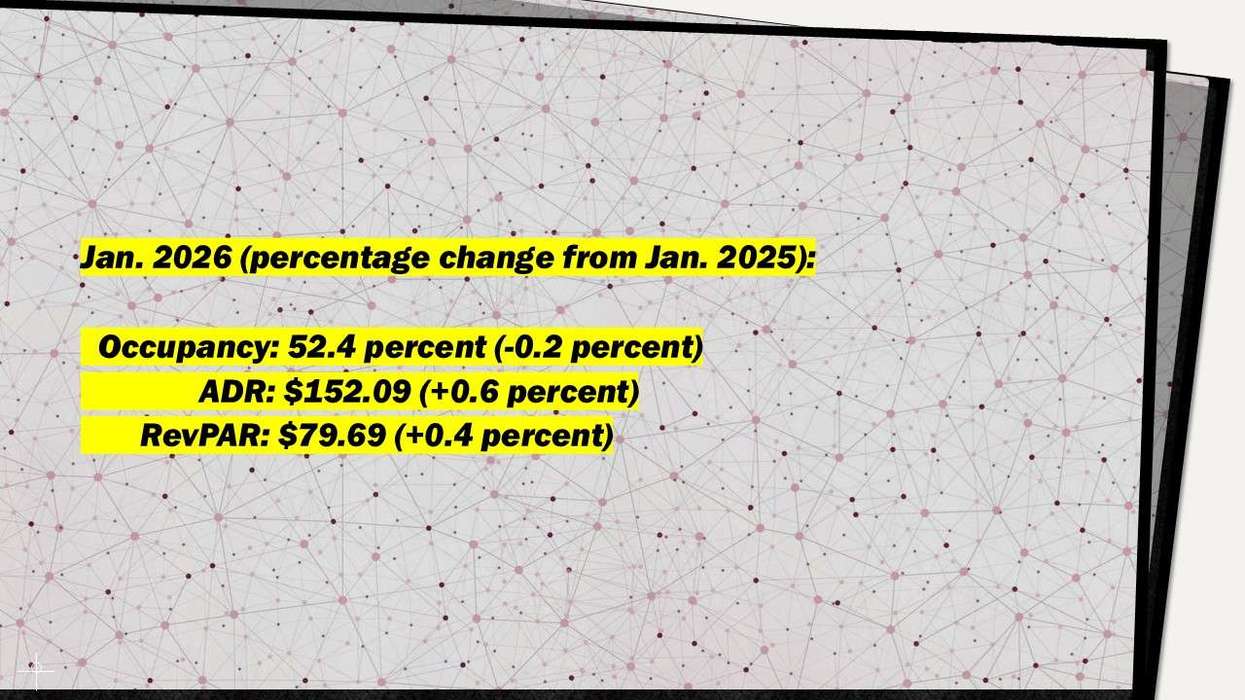Summary:
- Researchers say hiring people with intellectual disabilities can help hotels address labor shortages.
- Job coaches, tailored training, and inclusive communication.
- The hotel industry still faces a gap of around 200,000 workers post-pandemic.
HIRING INDIVIDUALS WITH intellectual and developmental disabilities could help the hotel industry address ongoing labor shortages and high turnover, according to new research. Employers must also offer support systems like job coaches, clear communication practices and thoughtfully designed roles.
A new report from Penn State School of Hospitality Management researchers suggests that hiring individuals with intellectual disabilities could help promote workplace diversity, improved loyalty and reduced turnover. Designing roles to include autonomy, social support and meaningful work are factors helping employees succeed.
“Hiring someone with an intellectual disability is a great first step but supporting them well when they are on the team is just as important,” said Phillip Jolly, one of the report’s coauthors. “When organizations put thought into these things, it is not just the employee with a disability who benefits — the whole team gets stronger.”
The research comes at a time when the hotel industry is facing a workforce gap. Although staffing has improved since the pandemic, U.S. hotels remain short by roughly 200,000 workers, according to the American Hotel & Lodging Association. In June, government data showed that U.S. hotels added 700 jobs to their payrolls, but the nationwide workforce shortage continues to make it difficult for hotels to fill open positions, according to AHLA.
External factors like increased deportations have also contributed to labor challenges, industry experts noted at last month’s NYU International Hospitality Investment Forum.
The Penn State report encourages hotel operators to tap into government incentives and intentionally foster workplace inclusion—not only to expand hiring pools but to improve team dynamics and long-term retention.
“Community partners can help provide support to individuals with intellectual disabilities, so they do not have to find jobs alone,” said Michael Tews, another report coauthor. “These community partners can provide job coaches and resources that help individuals in their new jobs. Effective training and development are crucial to ensuring individuals with intellectual disabilities thrive in their roles.”
Job coaches can provide personalized support, the report said, including assisting with on-the-job training and aiding communication between the employee and employer. Creating a supportive workplace also help intellectually disabled employee integrate, the report said, but doing that takes intentional effort.
“While there are training programs and orientation processes that can be developed and are important, the real key is to know the individual and customize a work experience for them to allow them to thrive,” said Mike Schugt, founder of INNclusivity, a not-for-profit organization that connects intellectually disabled individuals with employers. “It is all about being open to hiring individuals with intellectual disabilities. Everyone comes to the table with certain abilities, and hotels can bend further and help this audience receive meaningful employment.”






